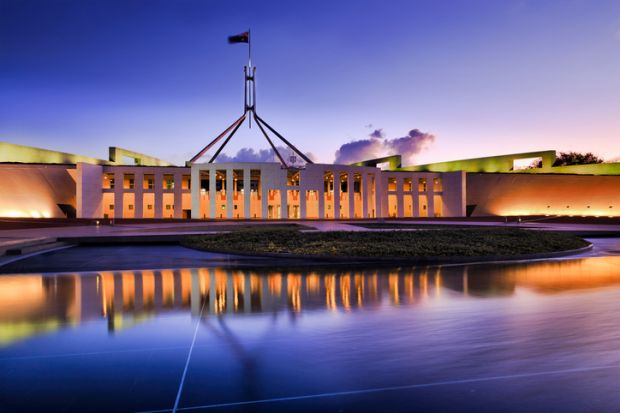Australia’s Labor opposition has committed to review post-secondary education if it wins the next federal election, opening up a policy divide between itself and the coalition government.
The review would give equal billing to universities and the further education sector, following years of criticism that vocational education and training (VET) – and particularly the beleaguered public technical and further education (TAFE) colleges – have been neglected by policymakers and funders.
“It’s about 10 years since the review into universities – the Bradley review – but it’s 44 years since we’ve done a major review into TAFE,” said Tanya Plibersek, Labor’s deputy leader and education spokeswoman.
“We want an excellent, strong TAFE system and an excellent, strong university system. We want both of those to be equally attractive options to students making a choice about where to study, and we want TAFE and universities to work better together.”
The announcement, which follows the announcement of a similar review in England by the UK government, is likely to dominate discussions at next week’s Universities Australia conference in Canberra.
Both Ms Plibersek and Simon Birmingham, the education minister, are scheduled to address the conference. Mr Birmingham’s appearance follows months of tensions with universities over the government’s planned funding cuts, culminating in its December decision to freeze teaching grants at last year’s levels – effectively suspending the uncapped higher education funding system that the former Labor government introduced in 2012.
While UA will welcome Ms Plibersek’s criticism of the funding freeze, it will be wary of any move to play universities and TAFEs off against each other.
Last month, UA attacked a Business Council of Australia proposal for a single funding system covering both higher education and VET. “The solution to inadequate VET funding is better VET funding – not even more inadequate higher education funding,” UA said in a submission to the BCA.
However, many commentators – including business groups and influential vice-chancellors such as the University of Melbourne’s Glyn Davis – say that the state of VET is a far more pressing issue than higher education funding.
VET has been decimated by years of state government cuts, competition from the uncapped higher education sector and a series of disastrous open market funding schemes.
UA said that it would “engage actively” with the inquiry.
“It’s crucial that the starting point for this discussion is an understanding that it is not an ‘either/or’ between TAFE and higher education,” said chief executive Belinda Robinson. “The greatest tragedy would be if this debate were to lead to an ‘us vs them’ discussion.”




